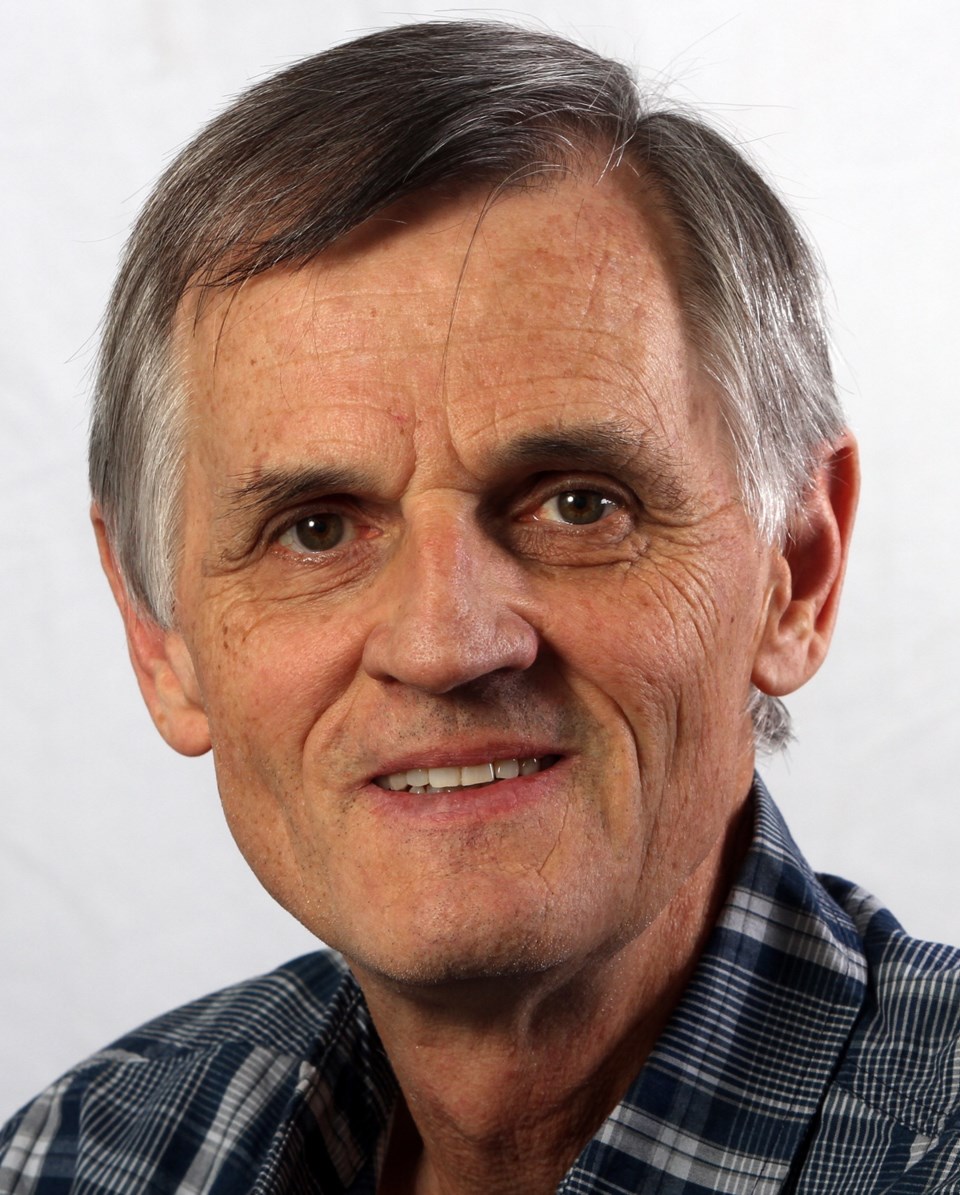It has been a great journey, but it’s time to get off the train and take some paths of my own choosing.
Not that I’m complaining about where 46 years of journalism has taken me. Seldom have I dreaded going to work; seldom have I had to grit my teeth and just grind on until quitting time.
Not long after I got my first job at a daily newspaper, after two years at a small-town newspaper, the executive editor called me in to see how I was adjusting to a big-city newsroom and to offer some encouragement.
“Journalism is about 85 per cent sheer boredom,” he said. “It’s the rest that makes it worthwhile.” He counselled me to be patient and work hard, and some day I would have a position like his.
I wondered what I had gotten myself into. To that point, I had been having so much fun, I probably wouldn’t have noticed if I didn’t get paid. But then, my first job was with a family-owned newspaper where I was turned loose to do pretty well whatever I wanted, once the basics were covered.
I thought then the executive editor was wrong about the boredom ratio, and I still do.
Granted, there have been moments of boredom, given that I covered hundreds of municipal council meetings, scores of political speeches and a few dozen high-school graduations. (What is it about graduation speakers?)
But being bored is usually a choice, and even the most mundane of meetings can have their bright spots.
“He wrote down everything we said,” complained a town councillor of my coverage of the previous meeting. “Can he do that?”
“Yes, Virginia,” said the mayor. “It’s called freedom of the press.”
For five years, my beat was anything related to heritage and history, and the best part of that was writing about the experiences of Second World War veterans.
But wherever there are people, there are stories worth telling. I have learned repeatedly that there is no such thing as an ordinary person.
The technological changes have been amazing. I started in this business when many newspapers were still using lead type and Linotype machines. I welcomed the digital world, for it enabled journalists to work faster and better, filing stories and photos with ease from anywhere in the world.
Gradually, though, we began to see what Marshall McLuhan was talking about when he said: “The medium is the message.”
The technology that made our work so much easier at first has, in many ways, now made our job harder. Journalism is in a state of flux at the moment, but I believe it will adapt and stabilize, although I won’t be an active part of that change.
I will still be interested in what’s happening in the world, but my world will start right outside my window. I will still want to know what’s happening, but I won’t need to know the instant it happens.
Writing will still be important, and many projects await, but I will write in different ways, at a different pace. I won’t look at my watch much — checking the calendar occasionally should suffice.
Retirement will give me an opportunity to indulge my passion for photography. I have carried a camera for much of my career, but I have been more of a drive-by shooter than a photographer, always against a deadline, always in a hurry to be somewhere else. Now I will be able to wait for the changing of the light, or to compose a shot at my leisure.
Wrote Henry David Thoreau: “For many years, I was self-appointed inspector of snow-storms and rain-storms, and did my duty faithfully.”
And so, in the spirit of Thoreau, I appoint myself inspector of storms and sunsets, promising to be a keen observer of the changing of the seasons, the goings-on of nature. I probably won’t pay much attention to social media — the twitter I heed will be coming from the trees and bushes.
I’m fortunate to have completed my career at the Times Colonist and to be able to retire in Victoria. At the top of my retirement agenda are plans to explore Vancouver Island, to know better this place we call home.
One enjoyable journey is over; another one begins.



